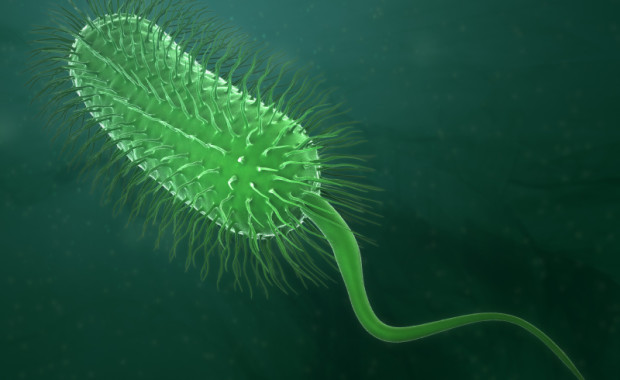Hippocrates (400BC) “Death sits in the bowels”
15 Gut Bacteria Facts
- Humans have roughly 10 trillion cells.
- Humans have roughly 100 trillion microbes within their bodies.
- Of all the microbes within us, the gut bacteria are the most important.
- Gut bacteria differ between obese and lean people.
- It is possible to change the composition of one’s gut bacteria through one’s diet.
- Transferring the gut bacteria from obese mice to lean mice causes fat gain in lean mice.
- Artificial sweeteners might cause weight gain via their effects on gut bacteria.
- Humans are born with no microbes (or very, very few).
- “Ecobiotics” (Faecal pills) might replace antibiotics one day.
- Faecal transplants have been used successfully to treat c. difficile bowel infections in the last 30 years.
- Diabetes often gets cured within 48 hours of stomach bypass operations; a change in the gut bacteria is one of the mechanisms effecting this cure.
- People who eat grains have higher levels of a particular gut bacteria which is linked with arthritis and autoimmune diseases.
- Maternal separation in baby rhesus monkeys alters the gut bacteria in the same way as stress does.
- Use of antibiotics in infancy is associated with an increased risk of asthma and being overweight in childhood. (Antibiotics have been used to fatten animals for the last 60 years).
- The gut bacteria that one eventually obtains are derived from one’s mother and from exposure to the environment.

